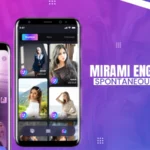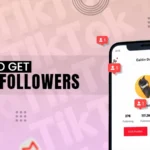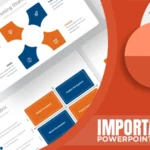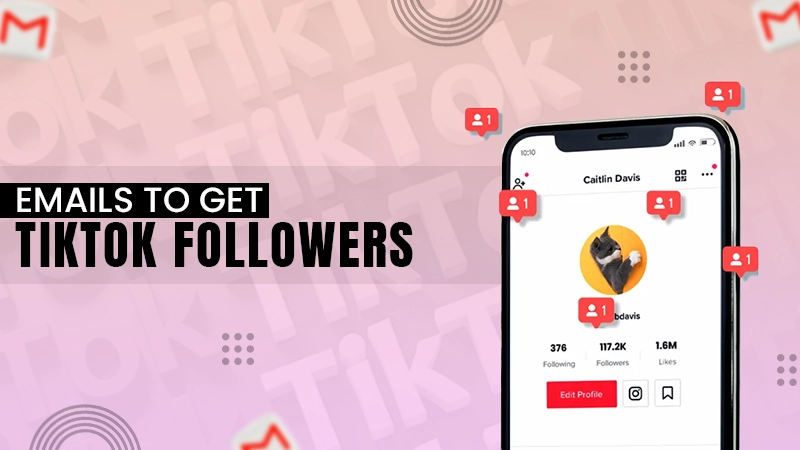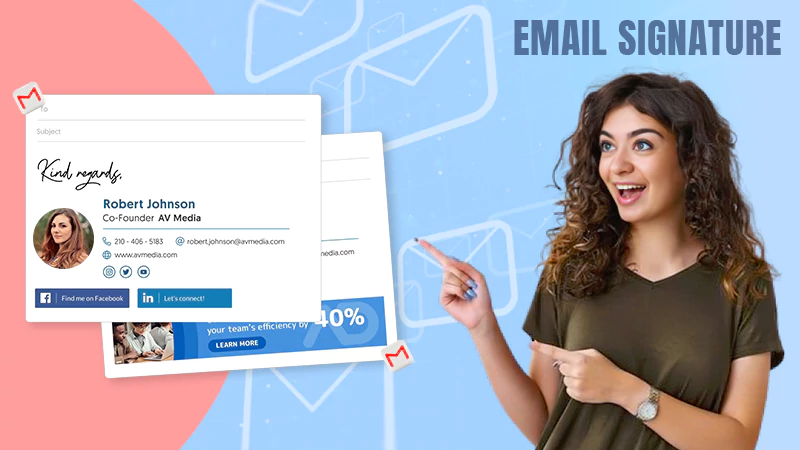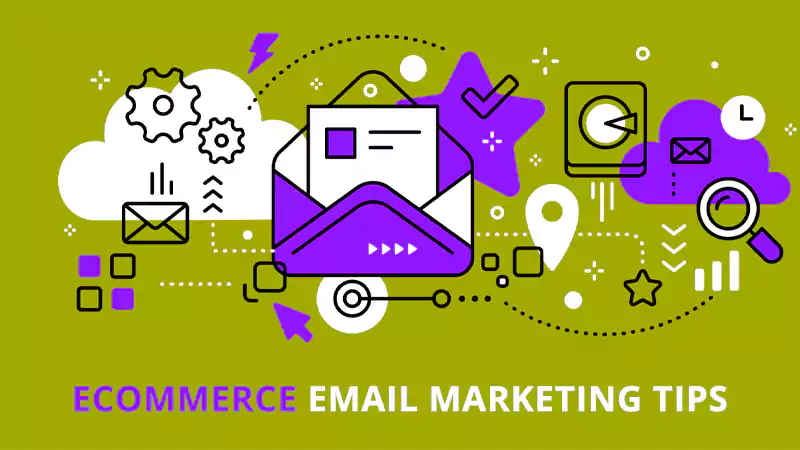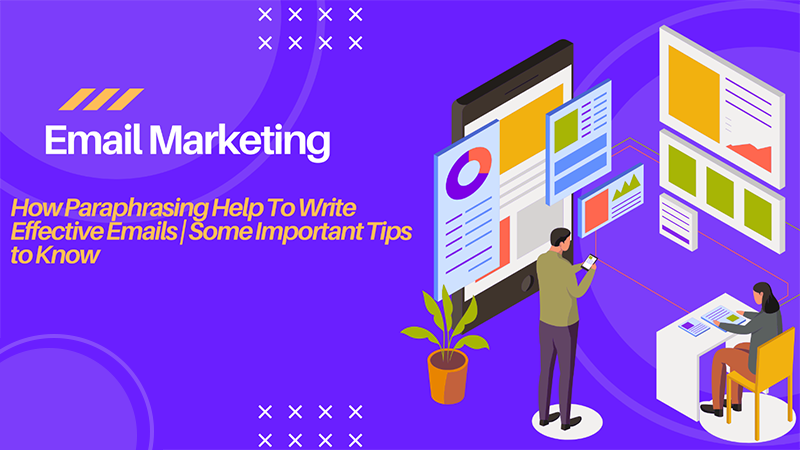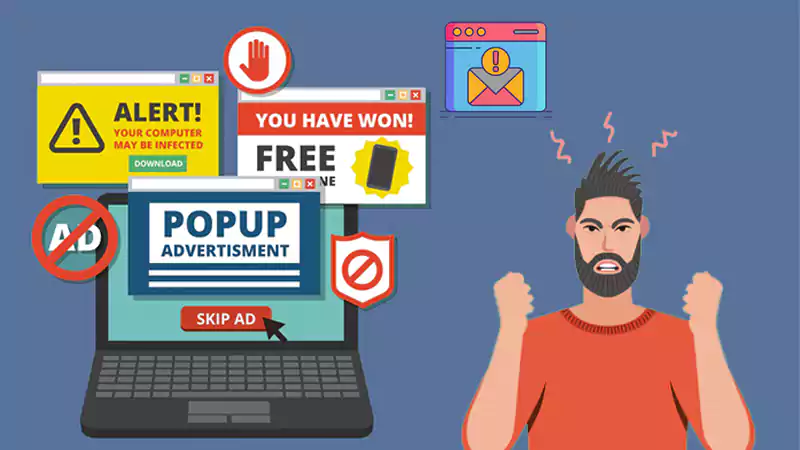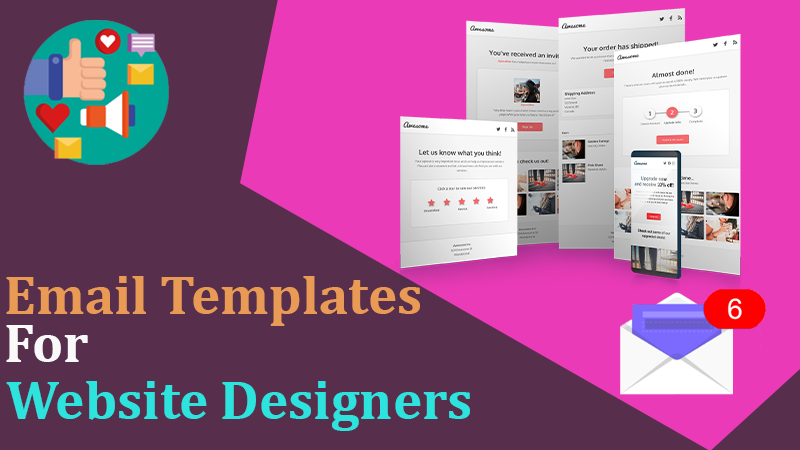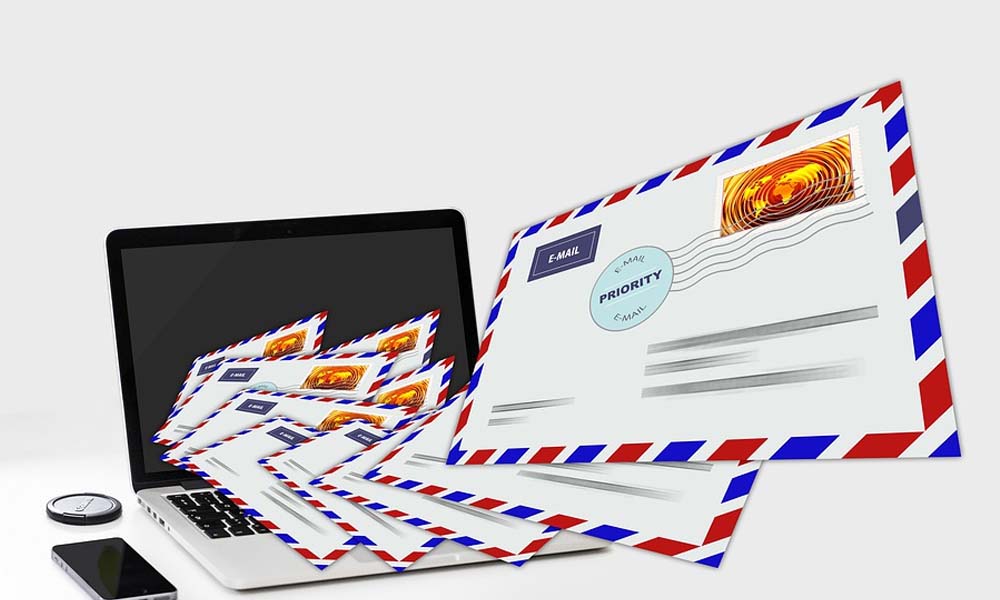Since the debut of HTML email templates, gradients have been at the forefront of email developers’ minds. This design style dates back to 1995, and it resurfaced after Apple began employing blurred overlay effects as a prominent feature of their user interface. However, Instagram’s 2016 logo redesign and user interface may be credited with reintroducing gradients to the design industry. Since the debut of HTML email templates, gradients have captured the minds of email marketing experts.
Designers began to use gradients to give flat designs a more aesthetic appeal. Gradients may also be used to give a color overlay to pictures or textures to the backdrop. When it comes to implementing this trend into their email marketing, even email marketers aren’t far behind.
Have a look at the gradients in email design trends and see how it applies to email marketing. You may also want to read: Best Small Business Email Marketing Campaign Ideas to Skyrocket Sales. This is a great article published by Tada, one of the best gamification apps designed to help Shopify stores.
How Do Gradients Appear
The seamless blending of one color into another is referred to as gradients or color transitions. You may also have a transition of many colors if you want brightness. You can employ subtle or dramatic gradients depending on your brand’s personality.
Gradients of similar hues, such as varying shades of red, or completely distinct or contrasting colors, such as yellow and purple, can be used. Rainbows, sunsets, and the sea (together with the sand) are all famous instances of the most beautiful gradients we’ve ever seen.
Why Do So Many People Appreciate Gradients
A gradient is a design that is influenced by nature. Natural slopes are best seen in the evenings and towards daybreak. They are calming to the eyes and make wonderful backdrops since anything placed in front of our eyes instantly draws our attention. Gradients enhance the aesthetic attractiveness of a design, draw attention to it, and provide a refreshing user experience. You only have around 0.05 seconds to make a solid first impression, so using tried-and-true design elements like gradients makes sense.
How to Use Gradients to Your Advantage
The gradient trend is expected to continue beyond 2021. Here is how you can use it to your advantage to appear unique among 319.6 billion emails sent every day:
#1 Select the Appropriate Hues
The colors you pick are the most significant component of the gradient trend. To make the gradient trend look good, use colors that are similar in shade and hue (for example, a gradient that fades from light green to dark green) or colors that work well together as per the color theory; for example, complementary colors (colors that are opposite to each other in the color wheel), analogous colors (three colors that are side-by-side on the color wheel), or triadic colors (three colors spaced equally apart on the color wheel).
It’s also crucial to select colors that correspond to the feelings and emotional responses you want to elicit in your audience. The secret is to use a gradient that fades from a gentle green to blue. Last but not least, ensure the colors you use for your gradients are in sync with your brand colors.
#2 Gradients Should be Used with Caution
Gradients are quite adaptable. You may use them as an overlay, to provide depth to a flat design, to add visual interest to a single color backdrop. The list might go on forever.
However, just because they’re adaptable doesn’t mean you should make “everything gradient” your new design mantra. For gradients, less is (probably) more, just like any other trend. Maintain a straightforward design. Don’t go too far. Gradients should be used, but they should be used carefully.
#3 Be Aware of Your Target Market
If you want your gradients to have the desired effect, you must first understand your target audience and the types of designs they would respond to. If you’re selling to a group of more conventional businesses, for example, a fluorescent pink and yellow gradient is not the greatest choice.
Choose the correct gradient of the colors, how you incorporate them into your design, and whether you go for a loud or subtle approach based on your target demographic.
#4 Make It Enjoyable
This is a fantastic trend to be a part of, so enjoy it! Experiment with different colors, gradients in the background to see what works best for you, and use overlays to your heart’s content. The message is that this isn’t a trend to be taken too seriously. So go ahead and experiment with your gradients.
2 Examples of Using Gradients in Emails
Here are some examples of emails with the gradient effect. Check them out to see if they can help you with your next project.
#1 Allset
The font in the hero picture compliments the gradient well, and Allset has given their message a lovely retro vibe. They’ve also picked a black hue for the CTA, which looks powerful. If you want to harness color psychology and include it in your email text, you may apply a similar technique. Background colors with a lot of contrast make it easier for users to identify and click the CTA buttons.
#2 Mailchimp
Mailchimp supplied this visual treat, and I’m confident that the majority of the readers would have enjoyed it. The picture stands out thanks to the design’s vibrancy. In addition, the CTA’s usage of vivid colors helps to distinguish it from the rest of the components. When you wish to concentrate on an isolated area, such layouts are ideal.

Summing Up
We recommend using basic colors that contrast with your brand’s color scheme. Because there isn’t much flexibility to adjust your brand aspects, this guarantees that your final design doesn’t seem strange. Also, be sure to make use of the hues and tones. Gradients will assist you in getting a refined appearance while also complementing the visual hierarchy.
